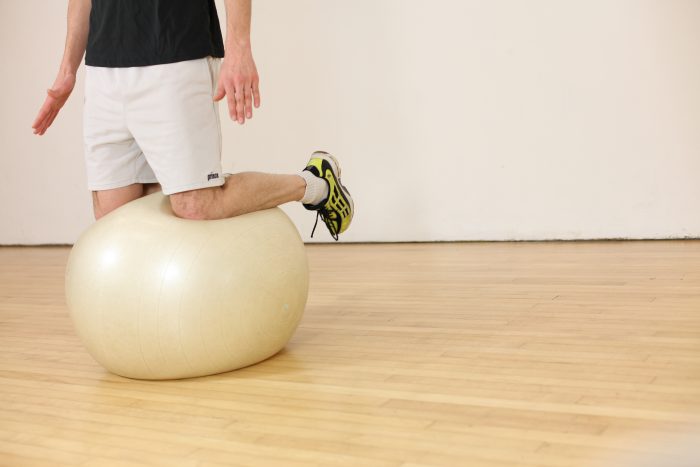It can often be difficult for people to let go of closely held beliefs as regards technique, training and fitness, as new ideas can challenge people’s comfort zone and perceived knowledge of what can be pretty dogmatic subjects. This rigidity however, can often be detrimental to progress.
That doesn’t mean we should always just throw the baby out with the bathwater every time a new idea comes along, but it does mean that we should try to be open-minded and honest enough with ourselves to be able to confront our preconceptions, and to make adjustments to our technique/training philosophies when existing concepts and methodologies are superseded. The most successful people (squash players included!) try new things, take on board new ideas, and keep an open mind at all times – none of us has the right answer all of the time, despite what we might like to tell ourselves!
As regular readers will know, we at SquashSkills endeavour to take the lead for our sports training beliefs and philosophies from up to date scientific evidence and research. There are of course always going to be certain limits to this approach in respect to a subject like squash – there is no research that we’re aware of that tells us how to hit the perfect forehand drive for example!
 Different pros/coaches will often accentuate a different angle here or a different position there, and whilst rarely outright contradicting each other, there can be a wide variety of suggested ‘correct’ methods. In these such cases trying different techniques for yourself, and allowing unbiased personal experience to be gained from this will always be the best lead.
Different pros/coaches will often accentuate a different angle here or a different position there, and whilst rarely outright contradicting each other, there can be a wide variety of suggested ‘correct’ methods. In these such cases trying different techniques for yourself, and allowing unbiased personal experience to be gained from this will always be the best lead.
In respect to more structured topics such as fitness and nutrition, there does tend to usually be a rather more robust and complete body of study and evidence to rely upon. A little background reading can help us avoid too much unnecessary ‘trial & error’ regarding certain of the more ridiculous ‘alternative remedies’ promoted for health/vitality for example. That said, it’s also important not to lose sight of the fact that we are all unique individuals, with many of our own unique responses to different stimuli – training based or nutrition-based.
Take a supplement very well supported by the research literature such as Creatine for example – many people have vastly different experiences of effect, due to individual variance. Similarly, many great athletes follow very different S&C programmes – despite certain universal concepts, you will never find two elite level athletes following the exact same identical training plan. Once again, it comes down to trying different training methods and nutrition protocols to see what results in the greatest benefits for you as an individual, that is going to be the best route to success.
The great thing about a sport like squash is that you can assess improvements via your performances on court. Whilst there needs to be a degree of patience when implementing new techniques or training programmes, your results on court provide a pretty good marker as to whether something is working for you or not. Fitness can be tested, and match results can be tracked – if you try something for a few months and no progress is apparent, it’s onto the next thing.
The definition of insanity is doing the same thing over and over again, and expecting different results!
So the suggestion, when confronted with new ideas, is to branch out, to try different things. Watch the top players, listen to the best coaches, review the research on training and diet, but be sure to actually make the effort to get out there and try these things for yourself – your best chance of finding what works for YOU is through experimenting with different methods and ideas YOURSELF. There is not one simple answer to everyone for everything when it comes to squash – and indeed most other things we encounter in life.
Gary Nisbet
B.Sc.(Hons), CSCS, NSCA-CPT, Dip. FTST
SquashSkills Fitness & Performance Director
Sign up to the SquashSkills newsletter
Get world class coaching tips, straight to your inbox!